Giving Superfans What They Really Want: How Medallion is Transforming the Artist-Fan Experience
Medallion CEO Matt Jones sits down with Mega Labs to discuss how Medallion is transforming the artist-fan connection.
Medallion CEO Matt Jones sits down with Mega Labs to discuss how Medallion is transforming the artist-fan connection. We talk about superfans, the artist as a platform, digital homes, and delivering insane personalized experiences for fans to connect with their favorite artists.
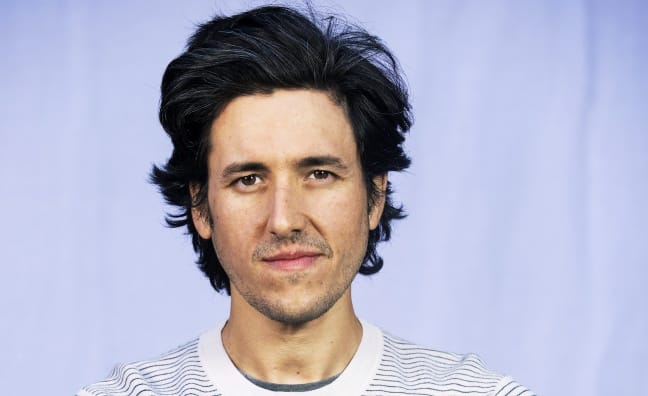
Hey Matt, we're excited to chat with you today. Why don't we start at the beginning with how Medallion came together.
I have always been trying to figure out how to improve the artist to fan connection - starting through promoting, then CrowdSurge, then Songkick. I'm obsessed with continuing to innovate in this area. Medallion was cooked up in the pandemic, and then we launched the MVP in July of '22 with Tycho.
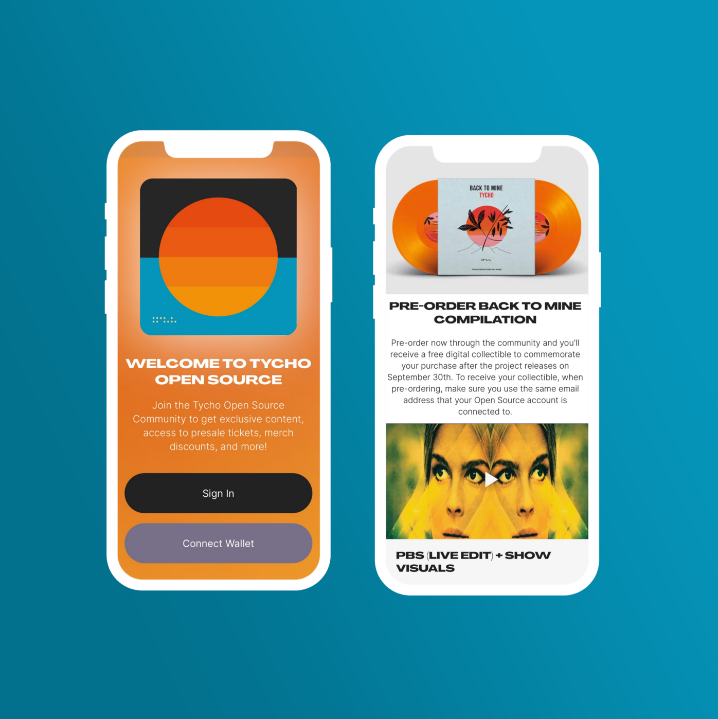
The idea was based on the thesis that musicians have always struggled with direct-to-consumer. The way we see the world is that there’s never been an end-to-end solution built for music, right? There are a lot of solutions out there, the big ones that you know of, but they're not built for music, which makes it really hard for musicians to adopt these technologies.
So what ends up happening is that generally their fans live on all these other platforms which the artists don’t have much control over. And that’s where commerce and social engagement happens, but artists don’t really get to know who their fans are. You’re constantly in this cycle of: I've got a mailing list. I've got a merch store. I've got social. I've got streaming. Then you go in cycle and you have to market a record. I've got to market a tour. But how am I going to reach these fans? That’s the problem we're trying to solve. It's creating this end-to-end solution that we're really focused on and combat this cold start problem.
Can you expand on some of the issues that motivated you to start Medallion? What are some of the problems that you wanted to address?
My whole mantra since I was 16 leaving school was to figure out better ways for artists and fans to connect. That's always been my main motivation and why I get out of bed in the morning. I think on the artist side, it’s just really hard to connect with fans today. Your fans are owned by other platforms. It's just the way that the industry’s been built. You are reliant on these other platforms to connect with your fans, which makes it really difficult because you don't have the direct connection. You're basically at the behest of the platform, and the platform has other priorities.
And what ends up happening is you get this diluted experience. You post something on a social network. You've got X amount of followers, but you'll never reach that amount of followers because the platform has other priorities. The idea behind Medallion is that the artist should be the platform, and as an artist you should dictate the terms about how you communicate with your fans.
On the fan side, it feels like the fan experience has lacked any real depth for a long time. The encyclopedic nature of streaming and how awesome it is that you can spend $10.99 a month and get every track in the world is an insane fan experience. The missing piece of this is that there's no way to have a deep connection with the artist.
If I’m the biggest Radiohead fan, where can I do that? Beyond going to 50 shows and streaming a million hours on DSPs, there's no real way to do it. How do we create amazing experiences for those superfans that just want to go really deep with the artist?
For me, that's what's missing on both sides. And it's the reason why we're building what we're building, and why we are so motivated.
I want to dig into what you said there about the fan experience "lacking". I think it's a really interesting point and I agree. If you think about the baseline fan experience, what do you think fans are seeking? What are they missing? What do they get out of being a fan of an artist?
This is very personal to me, but I feel like if I’m a fan of an artist and I've gone to a ton of shows, I've listened to a bunch of music, I own a bunch of vinyl and merch… My experience should be different to someone who's a passive listener on a DSP. I don't think this is a groundbreaking concept and the industry has struggled with ‘loyalty’ for a long time. Ideally I would get an experience that’s catered to what I like rather than what another fan likes. That’s what I think is lacking, and it’s really hard to do on all the current platforms. A lot of the stuff that we're experimenting with at Medallion is about how we create these interesting experiences around what the superfan really wants.
There are multiple artists on the platform right now for which we've utilized data from the holistic fandom data sets that we have for that artist, and created bespoke experiences for those specific fans based on the stuff that they care about.
Interesting. So digging a bit more into the fan experience what is your approach to actually solving that problem?
It starts with the idea of launching a digital home. A community, a fan club, a space, whatever you want to call it. And this home is 100% owned by the artist and it becomes this really vibrant fan experience.
What we're trying to build, as I was saying, is end-to-end. The product today has all the notification channels like email, SMS and we’ve shipped push notifications to the home screen app. It's then got e-commerce built into it. It's blockchain-ready. It's got live streaming. It’s white-label. It's got all of these tools built into this awesome digital home experience that allow artists to do an array of things.
The next part of the product is that we’re creating hooks for fans to come into this digital home. You can't just launch a digital home and leave it passively on a website. You've got to bring people into the funnel. There's three pillars to why fans go anywhere. Music, Merch & Live. So we're creating formats around those content types.
With music, it’s all about getting first access to a release or a listening experience. We’re trying to make it a more vibrant, rich experience for fans that care and want to join their favorite artists' community.
For live it's access to presale tickets and creating cool experiences around that. Fans can also check in at shows after they buy tickets and unlock different content at shows... And with Merchandise we have a platform wide integration with Shopify that allows us to do really awesome merchandising and offers around physical + digital items (e.g. physical & digital posters etc).
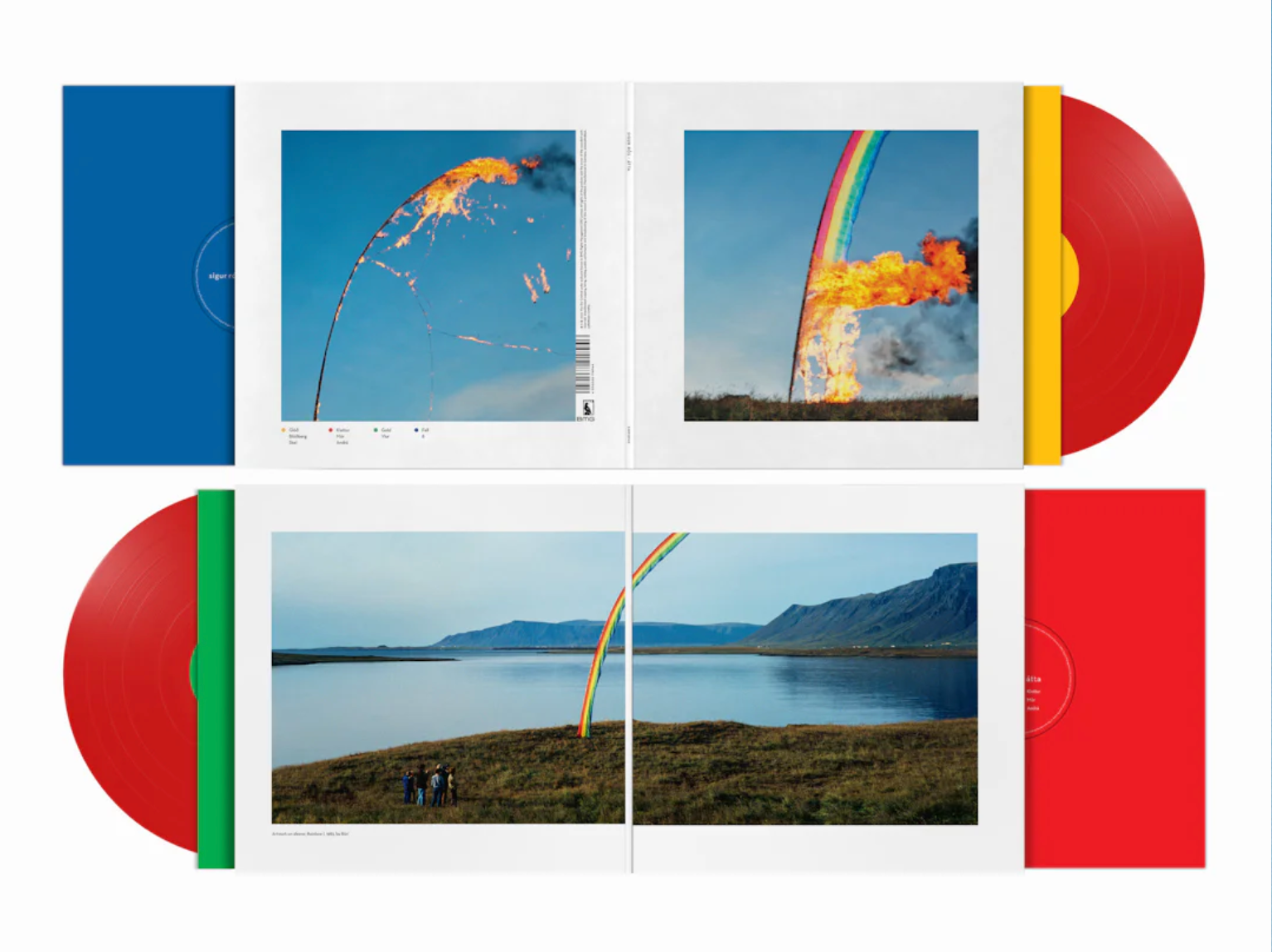
What I really like is that you guys have experimented a lot with interactivity and engagement in the product. And that's something that you just don't really see much. I think fans get a lot of value out of that. How are you thinking about that side of things?
That goes back to what we’re doing around hooks for fans to get in. We see Medallion as a moments-driven platform. We need to create insane experiences around the most high-value moments for an artist. And generally, the high-value moments are putting out music and going on tour.
That's kind of lacking because it's very uniform on the other platforms. If I'm a huge fan of X artist, what does my experience look like compared to someone else's? That’s the stuff we're starting to experiment with this year.
Ownership is another really big thing for us. If you're a huge Radiohead fan and you were the third person to listen to a new song, that's cool. People want to talk about that. That's what we're experimenting with, social identity around music. That's the thread we're pulling on.
I want to address web3 in all this. You are a blockchain-based platform, but you distinctively took a very subdued approach and kept the blockchain part mostly under the hood. So how much did web3 influence the platform? How does it help you solve these problems?
The honest answer is this company wouldn't be here today if it wasn't for the blockchain hype cycle that was at the end of 2021. A bunch of companies were formed around that time.
And a bunch of them are gone, too.
It was a crazy time. But I'll never forget, a very close friend of mine said, "You need to pay attention to this blockchain thing." And that was it, I was in.
When Medallion was started, it was all about this emergent technology and what the best application of it was. That's what most people were trying to figure out. I think for us, it was a little different. You can go back to our earliest presentations, and our earliest messaging. We've always been in this lane of "web 2.5" since we started. Blockchain is a really emergent tech that can be really powerful, and we stand by that to this day.
To answer the second part of your question, the way that we see blockchain, web3, NFTs, all that stuff is that, on the artist side, the value proposition is probably a lot stronger than it is on the fan side. Although I do think it is changing rapidly.
On the artist side, this idea of selling digital assets unlocked a lot more with blockchain because of provenance and transparency. That doesn't exist outside of this set of technologies. We just did a cool project with Sigur Ros where there were a hundred different cover arts for an album and they sold out very quickly. That’s a great use of the technology. It opens up this whole lane of interesting digital use cases that you could not do before.
On the fan side, it's a little harder, but I think it's gonna play out because of this idea of ownership. Can you own digital music today? Sure. You can buy stuff on lots of platforms, but they’re MP3s. There’s no proof of purchase, if you will.
The way we message it is that the platform is blockchain-ready. The fans can dive into it whenever they want. So now if you buy a physical product we can give you the companion of it as a digital representation as your "record of fandom." And that's what we're starting to see play out in the product. These fans have these cool profiles displaying every physical and digital thing that they’ve bought. We wouldn’t be able to do that properly without blockchain.
What's really interesting about your approach is you purposefully did not lean into the speculation when everybody else did, and you’re trying to show a path forward that actually reflects the technological capabilities of all this stuff. It goes way deeper than the trading of NFTs for monetary value or whatever. It's really about this artist-fan relationship and how that can be deepened through this technology. And that's a big thing to try and explain to someone who isn't familiar with all of this. You put it very eloquently just now.
Yeah, for sure. Thanks. We've always been insulated because it's never been about speculation for us. It's about fans wanting to own this stuff because they love it. There is no trading capability on our platform.
What are some of the projects, the specific initiatives that you guys have launched, that you're most excited about? That the artists are most excited about? The fans?
We’ve been going ‘back-to-back’ with close to 25 artists on the platform. We’ve basically been launching one a month since we launched the MVP. It's a full white-glove service. The last ones to onboard were J Balvin, Nicki Minaj, Disclosure, Falling in Reverse and Parcels. We're starting to increase the cadence of launching artists because we now have a solution where artists can administer some of the community management themselves.
For Rainbow Kitten Surprise as an example, we've been doing a series of what we refer to as "first listens" where the music is only available in the experience for a certain amount of time. Fans can talk to one another through chat and it creates this nice vibrant moment where you create buzz for a track before it goes on DSPs, which has been really cool.
We did something with Jungle towards the end of their album cycle where they had a feature-length film. It was a collection of all their tracks on the record, packaged into one amazingly produced film. Jungle came up with a campaign where they drip fed the music video in sections onto YouTube, driving people to their community to watch the feature-length film. Their community grew over 100% over that period which was huge for them.
Around that time, we also held a screening at the Dolby Atmos Theatre, where fans could watch the screening of the whole film front to back and only community members were invited. That's the kind of "first access" to music and video.
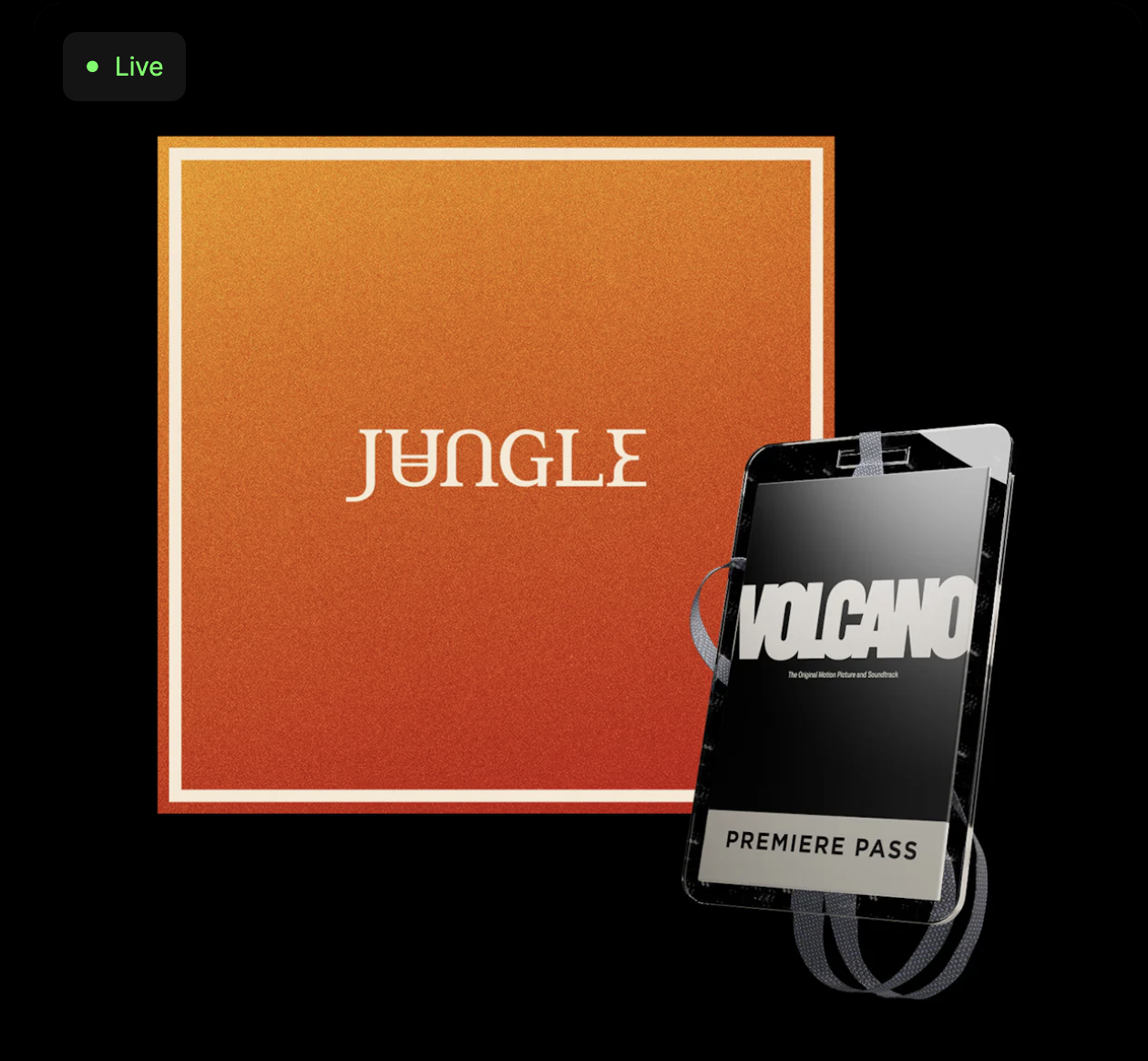
As for first access to tickets, we've been working hand in hand with ticketing companies all around the world to create seamless piping between any of our communities and presale tickets. So when fans join, they can get a unique or generic code, depending on what type of tour it is and then they can then go onto the primary platform and redeem their ticket. We can create anything from an hour to a two-day window in the community where fans can go in and buy tickets first.
Regarding music, I think the opportunity of artists being able to sell music again is really exciting. So we've been experimenting with a format we call Digital Deluxe. It's a container that artists can sell music through. It's chart-registered in the UK. The idea is that artists can take complete control of the format. They can put mixed media in there, they can put stuff that they would not necessarily put on DSPs like b-sides, demos, live recordings, all sorts of interesting content that they just never had a place to sell and they get to do that in a really cool way which we’ve had a ton of success with.
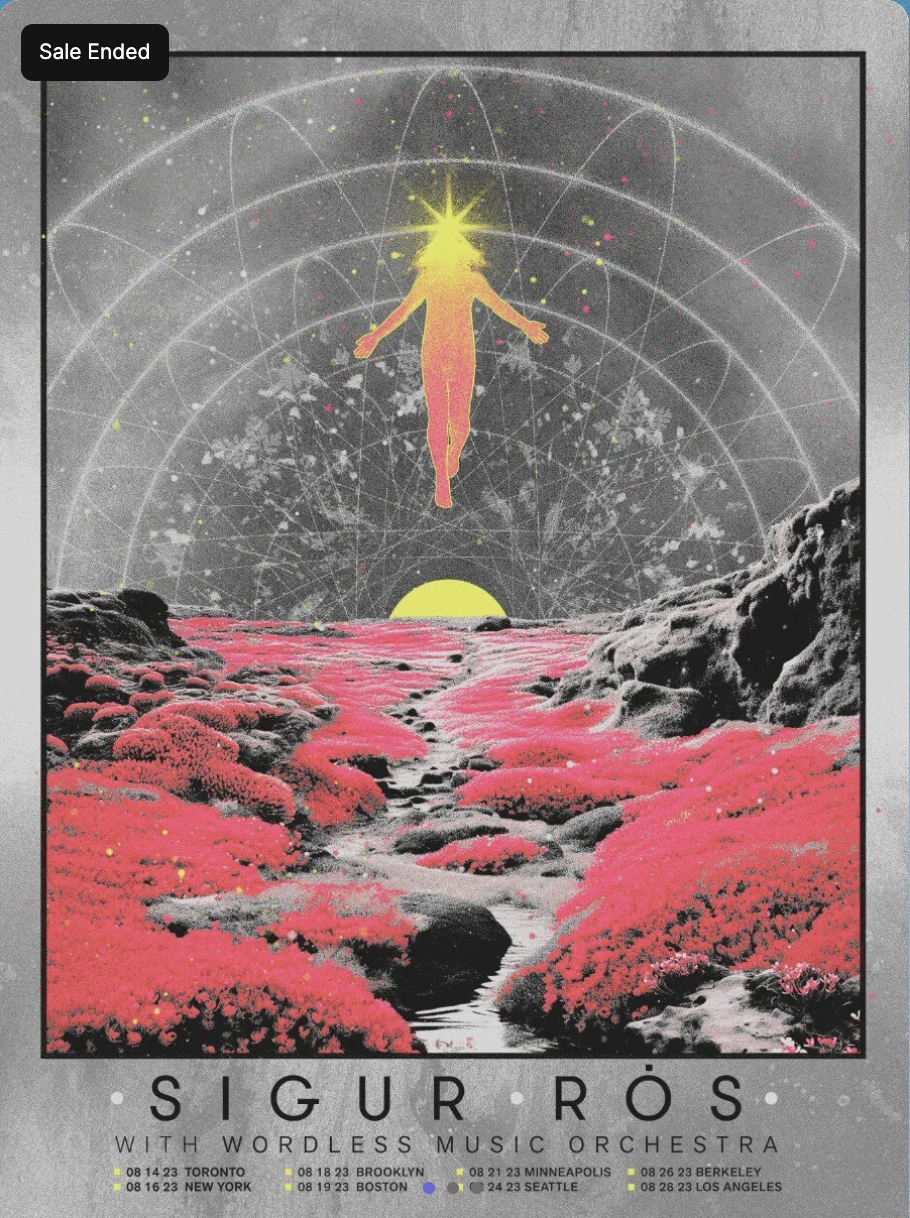
The Digital Deluxe thing is interesting because it reminds me a little bit of vinyl, and how it used to be about actual consumption. That was why people bought it, but now they're not buying it just to consume it. They're buying it for all kinds of other reasons. And I guess where you guys are going is people are buying these digital tracks for other reasons too.
The content is key. 50% of people who buy vinyl don't own a turntable and the other 50% that do own a turntable, probably never take the vinyl out of the wrapping. They're not buying it to play it. They're not listening to it.
I do it myself. I buy records all the time. I just bought a record today. I bought it because I wanted to own it. It was a limited edition The Raptures Echoes album. They did a re-press on Vinyl Me Please, limited to 500 copies, and I bought it just to have it on my shelf. I’ll probably get it out and listen to it at some point, but I don’t think that’s the number one use case for it.
I think what we’re doing is kind of similar. We're pulling on that thread of, "hey, you should own this because there's only a hundred editions of it.” That’s the great thing about what we've built for people in these experiences. That's all they want. They are the superfans. They are the collectors. They are the evangelists. You’ve got to give them what they want and meet them where they are. That's why I think we're seeing a lot of success around it.
Yeah, 100%. So something else I’ve thought about quite a bit is why aren't there like a ton more companies at this cross-section of music and tech?
Tell me why you think that is and what your basis for that question is?
I think there's a lot of companies playing around in the music tech space, but very few that have been started by people with deep music industry experience and knowledge. So that's one aspect of it. I think the other aspect of it is there's just not a lot of music industry people starting tech companies. Or if people are starting companies, they're not tackling the big problems, they're just building a slightly better Linktree.
Right.
But I think you have your eyes set on a pretty big problem. It's an ambitious approach, but I don't see many companies taking that kind of approach―why do you think that is?
That is a hard question to answer! I don't know if I have a good answer for that. Music tech is really hard. That’s probably the number one reason. There are a lot of stakeholders in music and there is a lot to navigate. To put it in perspective - there are what, 6000 different artist management companies, something like that?
I also think that there are a lot of big platforms that are working with these artists day-in and day-out and it's sometimes tricky to innovate. I don't know if I have a good answer beyond that. I think it's just really hard.
Yeah. That's fair enough. There's a lot of talk about all the problems in the music industry, but not enough people that seem to be taking action. There's certainly an element of “we all feel like we're taking on a lot.” And it's very hard to keep your head above water and look ahead when you’re busy. I only started looking ahead towards what’s next when I decided to take a step back from managing a dozen labels at the same time. But to Matt’s point, I think it’s just a hard business to be in.
Yeah.
No matter what part of it you want to attack, it's not easy. Whether you want to be a promoter, a songwriter, or developing a new tech solution, it's a pretty chaotic and passion-based industry. And people operate in absolute chaos compared to the corporate world, or so it seems.
Haha, yes. I definitely hear you.
Now that the focus has shifted from NFTs to AI, what are your thoughts about it? How do you see it fitting into this equation that we're talking about here, the fan-artist relationship and new platform solutions?
I think it’s obviously another very promising set of technologies that’s not to be ignored. If you take workflow stuff off the table, and just assume that a lot of companies are going to embrace that part of the technology, when it comes to the consumer side and what does that look like―are you familiar with this company bronze.ai?
That's who Disclosure used for their NFT drop with Beatport?
Yeah. I’ve known a lot of the people involved in that project for a really long time. They’re a very intelligent and passionate group of folks. In my very dull and uneducated brain on AI, I categorize it in two parts: You can use AI to create content or you can use AI to rearrange it and make it more interesting. Bronze has basically taken the latter approach, and the results have been insane. At Medallion we're continuing to explore how AI can assist in our mission (more news soon!)
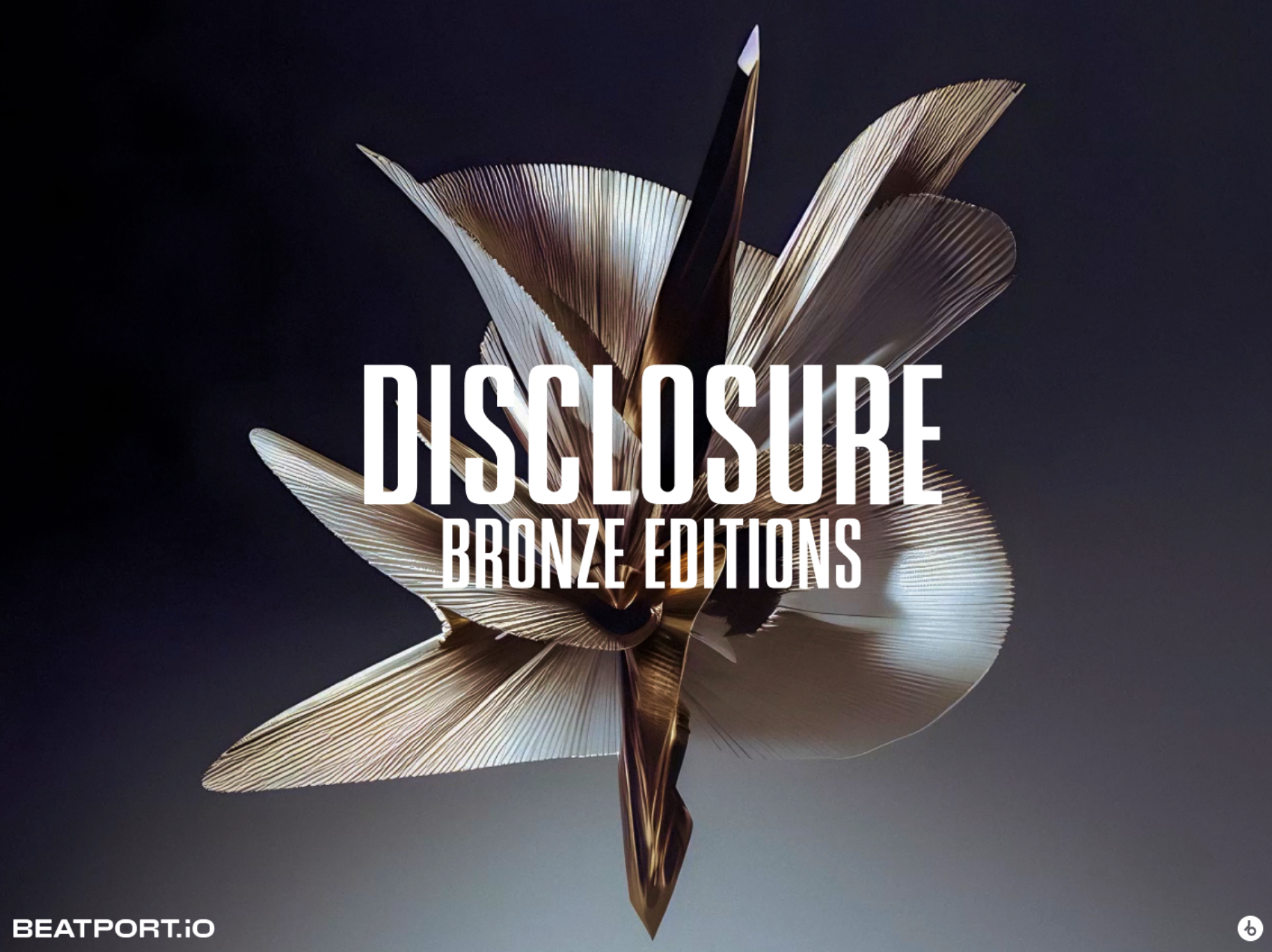
Well, this has been a really interesting chat, Matt. Great to hear your perspective on how you guys are tackling these big problems, and going where a lot of other people won't.
We're trying! I appreciate you guys and it was really good to talk about this with you.


